The Versatile Applications of Copper Sulphate: A Comprehensive Guide
Copper sulphate, a widely known chemical compound, is celebrated for its versatility across various industries. Its unique properties make it invaluable in agriculture, industry, and even scientific research. This comprehensive guide delves into the numerous applications of copper sulphate and why it remains an essential component in numerous fields.
1. Agricultural Uses
One of the most common uses of copper sulphate is in agriculture, where it serves as a fungicide, herbicide, and pesticide. It is especially effective in controlling fungal infections like blight and mildew in crops. Copper sulphate is used in the preparation of Bordeaux mixture, a widely recognized solution for treating grapevine diseases. In addition, it helps improve soil quality by providing essential copper to plants, promoting healthy growth and development.
2. Industrial Applications
In industries, copper sulphate plays a vital role in various processes. It is used in electroplating, where it helps deposit copper onto different surfaces, ensuring a durable and corrosion-resistant finish. Copper sulphate is also crucial in the mining industry, particularly in flotation processes. It acts as a collector agent, enabling the separation of valuable minerals from ore.
3. Water Treatment
Copper sulphate is commonly used in water treatment to control algae growth in ponds, lakes, and reservoirs. Its algaecidal properties help maintain clean water, ensuring safe aquatic environments for both wildlife and recreational activities. Additionally, it can be used to control the growth of harmful bacteria in swimming pools.
4. Scientific Research
In laboratories, copper sulphate is a key reagent in several chemical reactions. It is involved in experiments related to the formation of crystals and can also be used to prepare solutions for various tests. Its distinctive blue color makes it easy to observe and track during experiments, particularly in educational settings.
5. Other Applications
Copper sulphate also finds uses in animal feed, as a dietary supplement for livestock, particularly for copper-deficient animals. It is also used in the textile industry as a mordant for dyeing fabrics.
Conclusion
From agriculture to industry and scientific research, copper sulphate wide range of applications highlights its importance in multiple sectors. Its efficiency, effectiveness, and accessibility ensure that it will continue to be a staple in various industries for years to come.

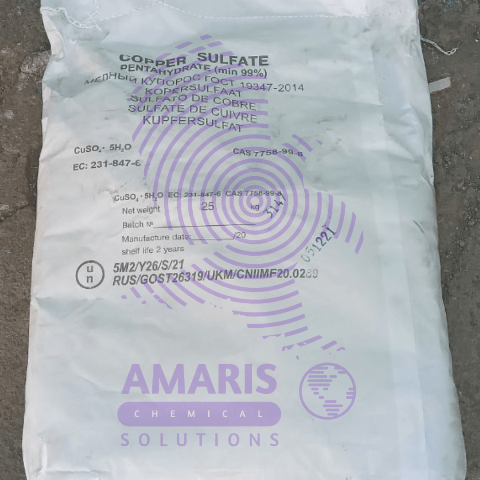
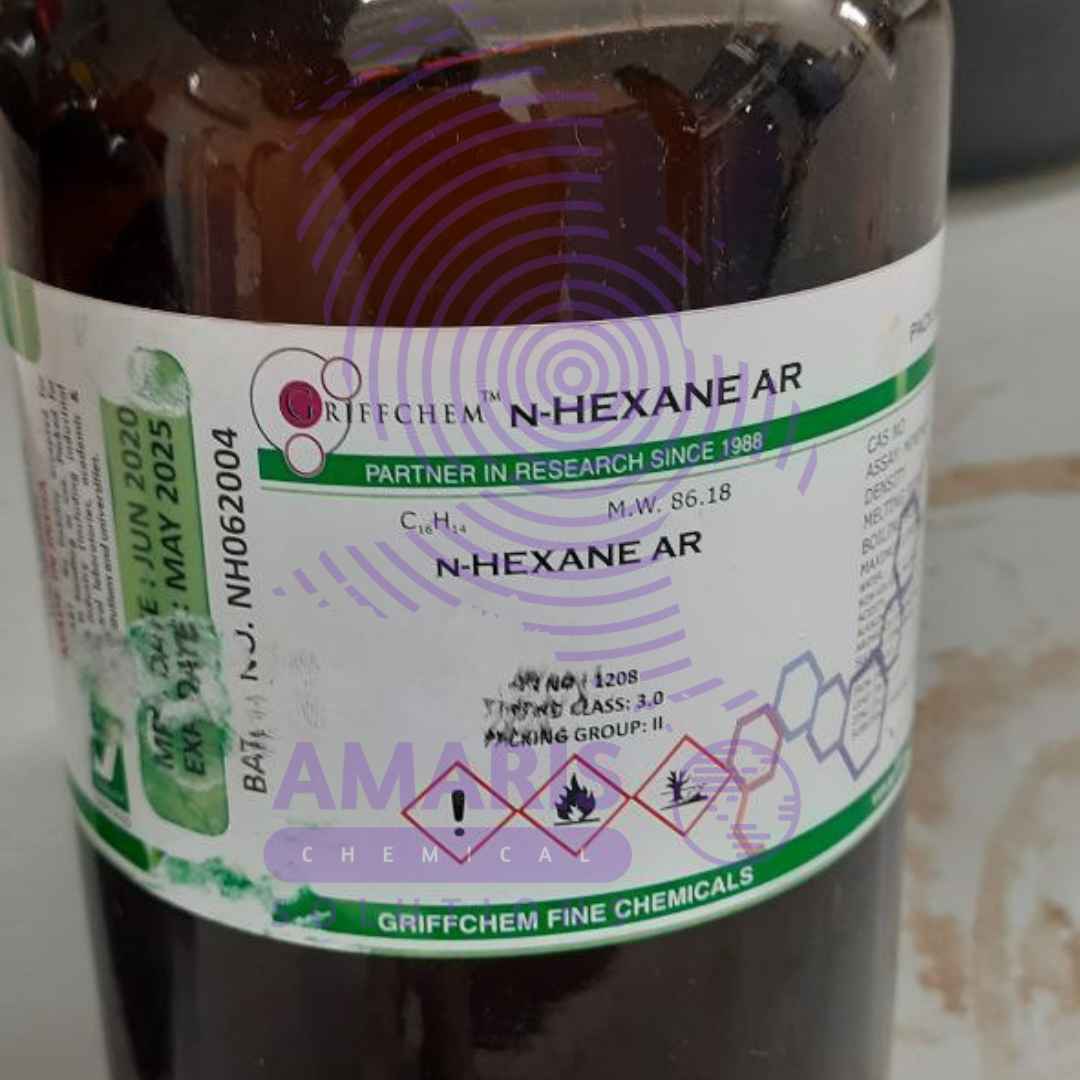
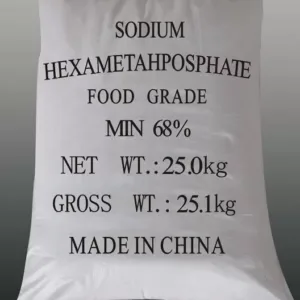
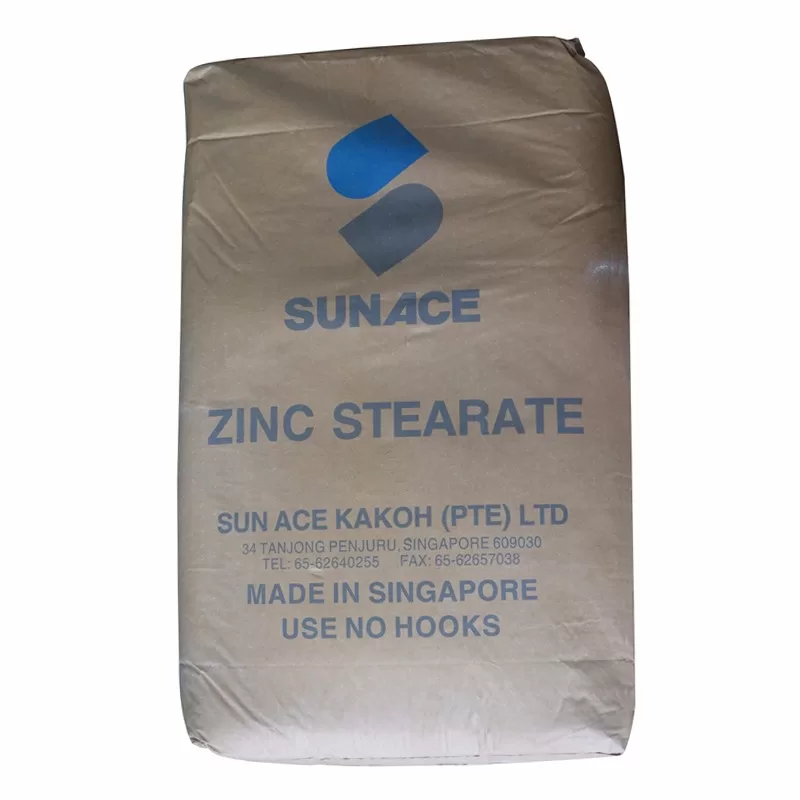
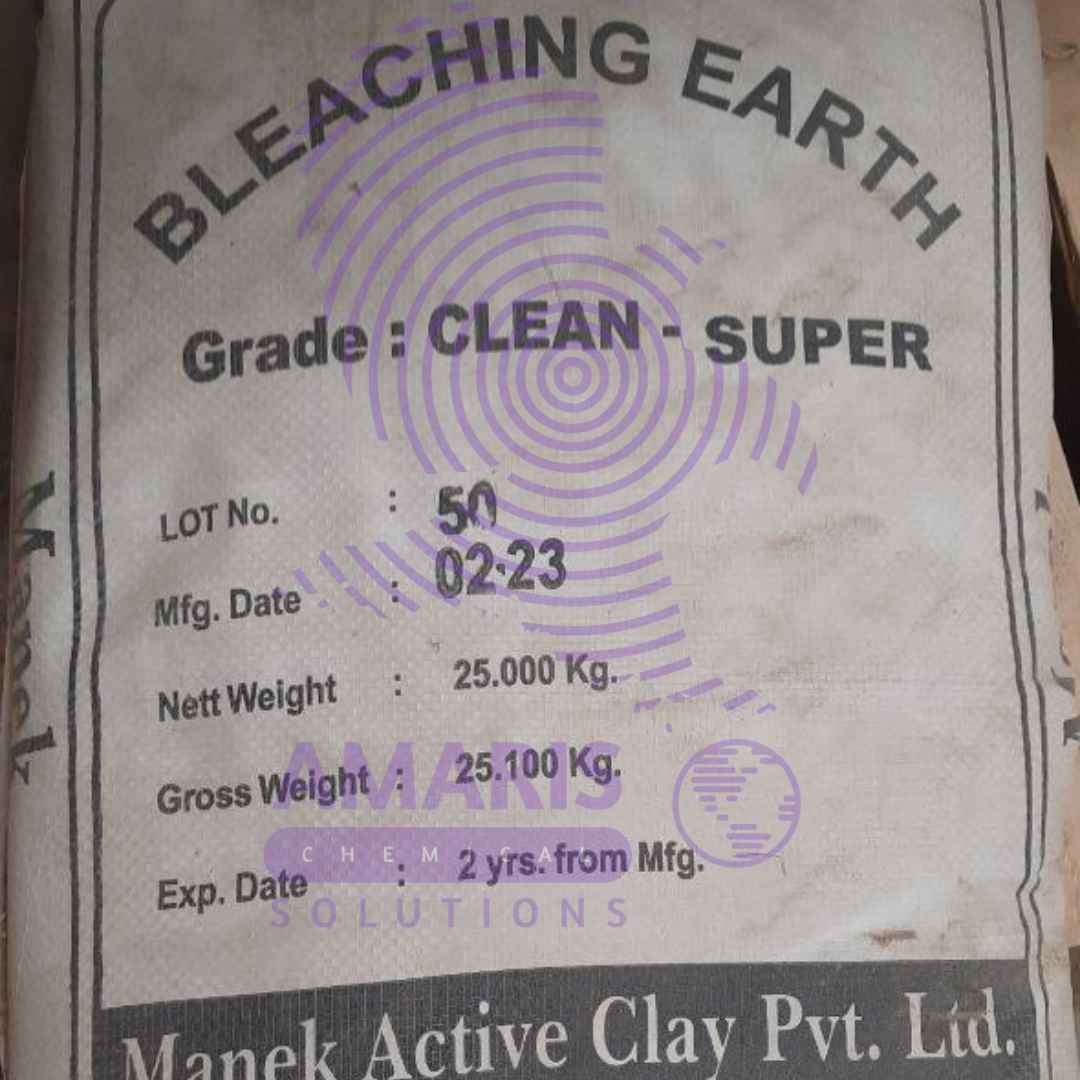

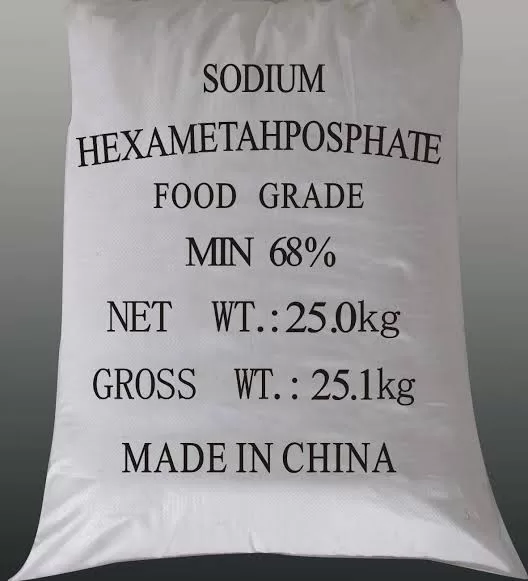
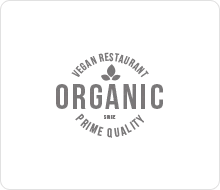



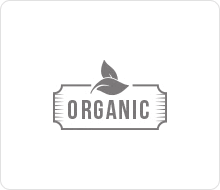

Add comment